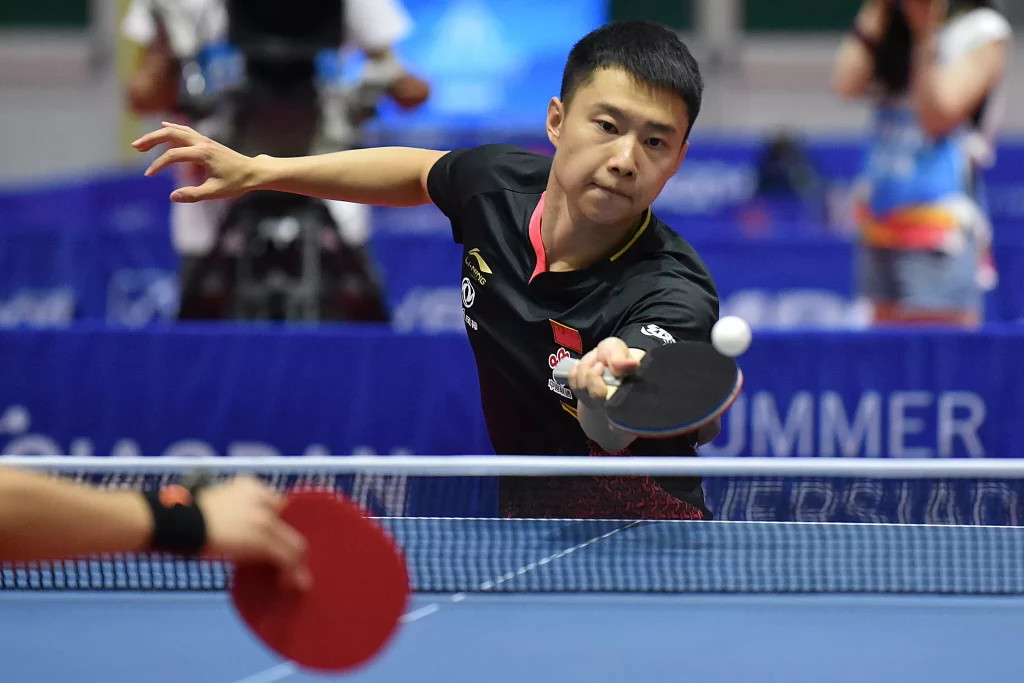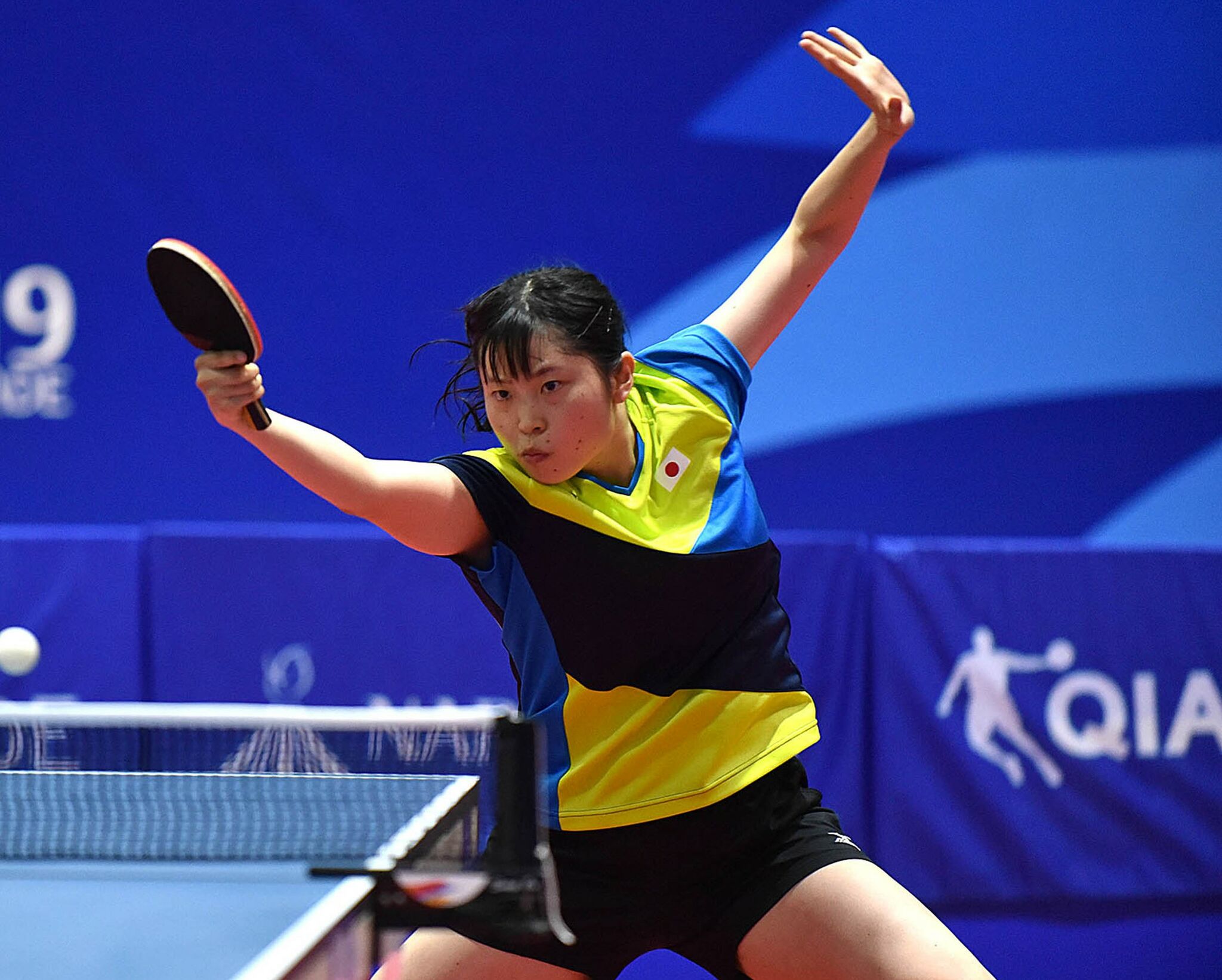Table tennis has evolved over the last 125 years from the parlours of England to its strong popularity on the world stage.
At the Chengdu 2021 FISU World University Games it will be featured on the programme for the ninth time, and the host nation will seek to continue the success it has had since table tennis first appeared at the FISU Games in 2001.

Indoor versions of lawn tennis, either as board or dice games or live action participation games, were developed in the late 19th century in England. In 1890, David Foster patented a version that included side nets, a wooden fence around the perimeter of the table, strung rackets, and a rubber ball covered in cloth. A year later, English games developer Jaques of London introduced a game called ‘Gossima’ that had a slightly larger cork ball and a 30cm high net that was connected to the table with a white belt. His game would later take on the tradename that is still used in some countries today, Ping Pong, though officially the sport has long used table tennis as its name.
The challenge both the Foster and Jaques games had in becoming commercially successful was the ball styles each had chosen. Foster’s rubber ball bounced too much, and the cork ball had the opposite problem. It was not until a new celluloid ball was developed in 1900, and used until plastic replaced it in 2014, that the game saw broader success. However, that popularity was short lived as the sport died out until the mid-1920s when in 1926 the International Table Tennis Federation was formed in Berlin, Germany. Later that year, the first world championship was held in London, England in men’s and women’s singles, doubles, mixed doubles, as well as a men’s team event. Hungary dominated this first world championship and was a force in the sport through much of the 1930s.
China became the dominant nation in the sport starting in the 1950s and 1960s. Mao played table tennis and the fact people of all ages and abilities could play, and that it did not require a lot of equipment or space, made it a sport that was readily adopted in the country. This broad adoption led to its dominance at the world championships with a first gold medal win in 1959, and a subsequent 89.5 gold medals won by Chinese athletes in singles and doubles competition.

At the FISU World University Games, table tennis made its debut as an optional sport when Beijing hosted in 2001. China won all seven gold medals awarded that year, including Wang Yiqin winning the men’s singles title and a mixed doubles gold with partner Tie Yana. It was adopted as a compulsory sport starting at the Bangkok 2007 FISU Games and in the FISU Games since China has won 40 gold medals, with Japan and Chinese Taipei well behind in second and third place with six each. Prior to its place in the FISU Games, 16 FISU World University Championships Table Tennis were held between 1971 and 2006.
The High-tech Zone Sports Centre Gymnasium in Chengdu will be the home to table tennis competition at the Chengdu 2021 FISU World University Games. The stunning venue also hosted the 2022 World Team Table Tennis Championships. FISU Games competition occurs from 29 July to 5 August with seven events taking place – women’s and men’s singles, women’s and men’s doubles, mixed doubles, women’s and men’s team competition. You can follow all Chengdu 2021 FISU Games competition here.
The following references and article were used in compiling this story: The History of Table Tennis – A Global Sport • Racket Insight; The Chinese Domination of Table Tennis Explained • Racket Insight; HistoryofTableTennis – International Table Tennis Federation (ittf.com); Once a tool for diplomacy, table tennis now viewed by China as so much more (nbcnews.com)
Written by Doug McLean



